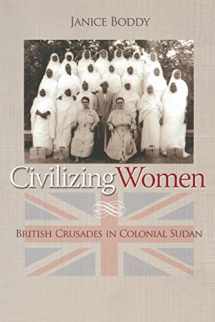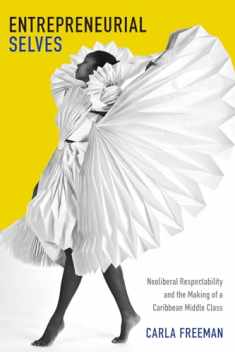
Civilizing Women: British Crusades in Colonial Sudan
Book details
Summary
Description
Civilizing Women is a riveting exploration of the disparate worlds of British colonial officers and the Muslim Sudanese they sought to remake into modern imperial subjects. Focusing on efforts to stop female circumcision in the Anglo-Egyptian Sudan between 1920 and 1946, Janice Boddy mines colonial documents and popular culture for ethnographic details to interleave with observations from northern Sudan, where women's participation in zâr spirit possession rituals provided an oblique counterpoint to colonial views.
Written in engaging prose, Civilizing Women concerns the subtle process of "colonizing selfhood," the British women who undertook it, and those they hoped to reform. It suggests that efforts to suppress female circumcision were tied to the continuation of slavery and the rise of commercial cotton growing in Sudan, as well as to concerns about infant mortality and maternal health. Boddy traces maneuverings among political officers, teachers, missionaries, and medical personnel as they pursued their elusive goal, and describes their fraught relations with Egypt, Parliament, the Foreign Office, African nationalists, and Western feminists. In doing so, she sounds a cautionary note for contemporary interventionists who would flout local knowledge and belief.


We would LOVE it if you could help us and other readers by reviewing the book
Book review





